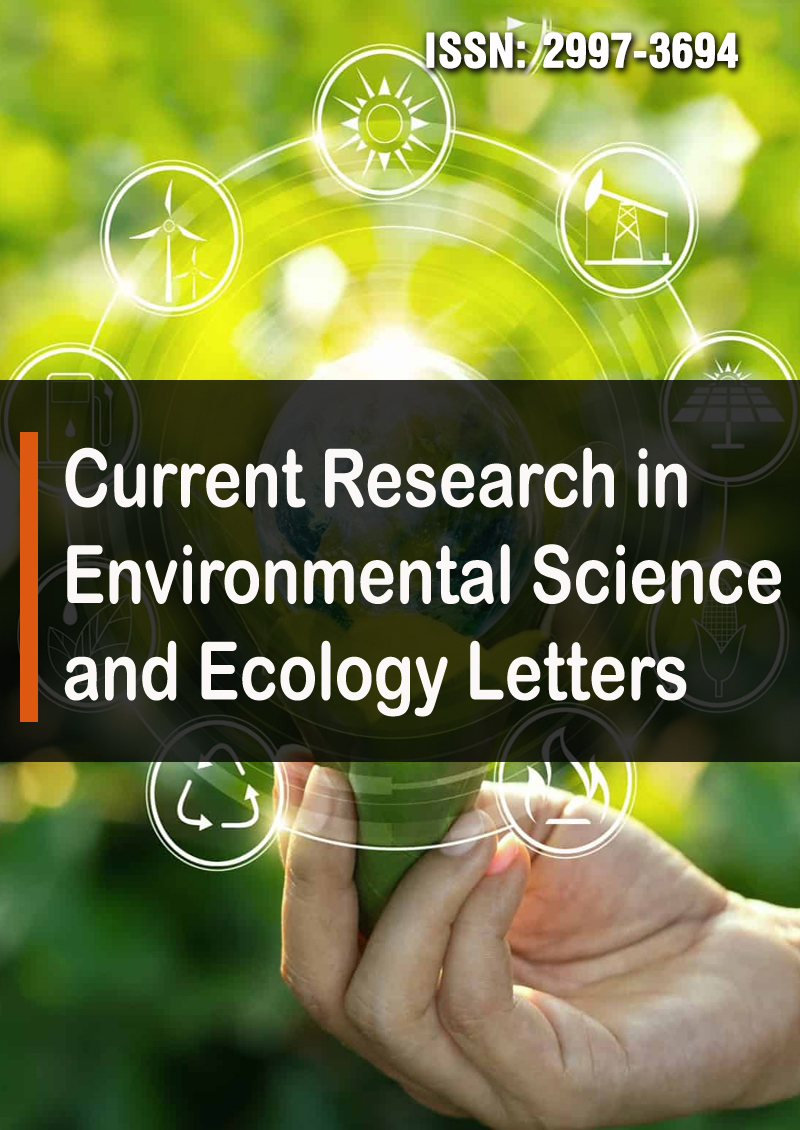Effects of Plant Decomposition and Soil Respiration on CO2 in the Atmosphere Via Global Temperature Changes
Abstract
Masaharu Nishioka
A good correlation was found between the CO2 growth rate (ppm/year) and satellite-based global temperature, as shown in Figure 1 (see Introduction) in our recent paper. Then, the following equation was reasonably derived: drco2 /dt �?? γ ΔT (rco2 : CO2 concentration, γ: constant, ΔT: temperature change)
It was confirmed that the CO2 growth rate follows temperature changes with a time lag. This essential equation casts strong doubts that anthropogenic CO2 is the cause of global warming, although the concept of global warming due to anthropogenic CO2 has been proposed by the IPCC. Our previous papers suggested that temperature changes affect plant decomposition and soil respiration, followed by a change in CO2 generation. The higher the temperature is, the more CO2 is generated. In this paper, the effects of plant decomposition and soil respiration on CO2 in the atmosphere are further clarified for global temperature changes by reviewing related aspects and available datasets. The results included (1) the carbon budget, (2) the comparison of exhaust gas and CO2 growth rates, (3) greenhouse gas compositions, (4) the solar energy budget, (5) changes in carbon isotopes, (6) latitude-related changes in CO2 and temperature, and (7) seasonal changes in exhaust gas compositions. Based on all these results, we concluded that changes in plant decomposition and soil respiration due to global temperatures control the global CO2 cycles. The impact of CO2 emissions from fossil fuel combustion on global warming is extremely low.



